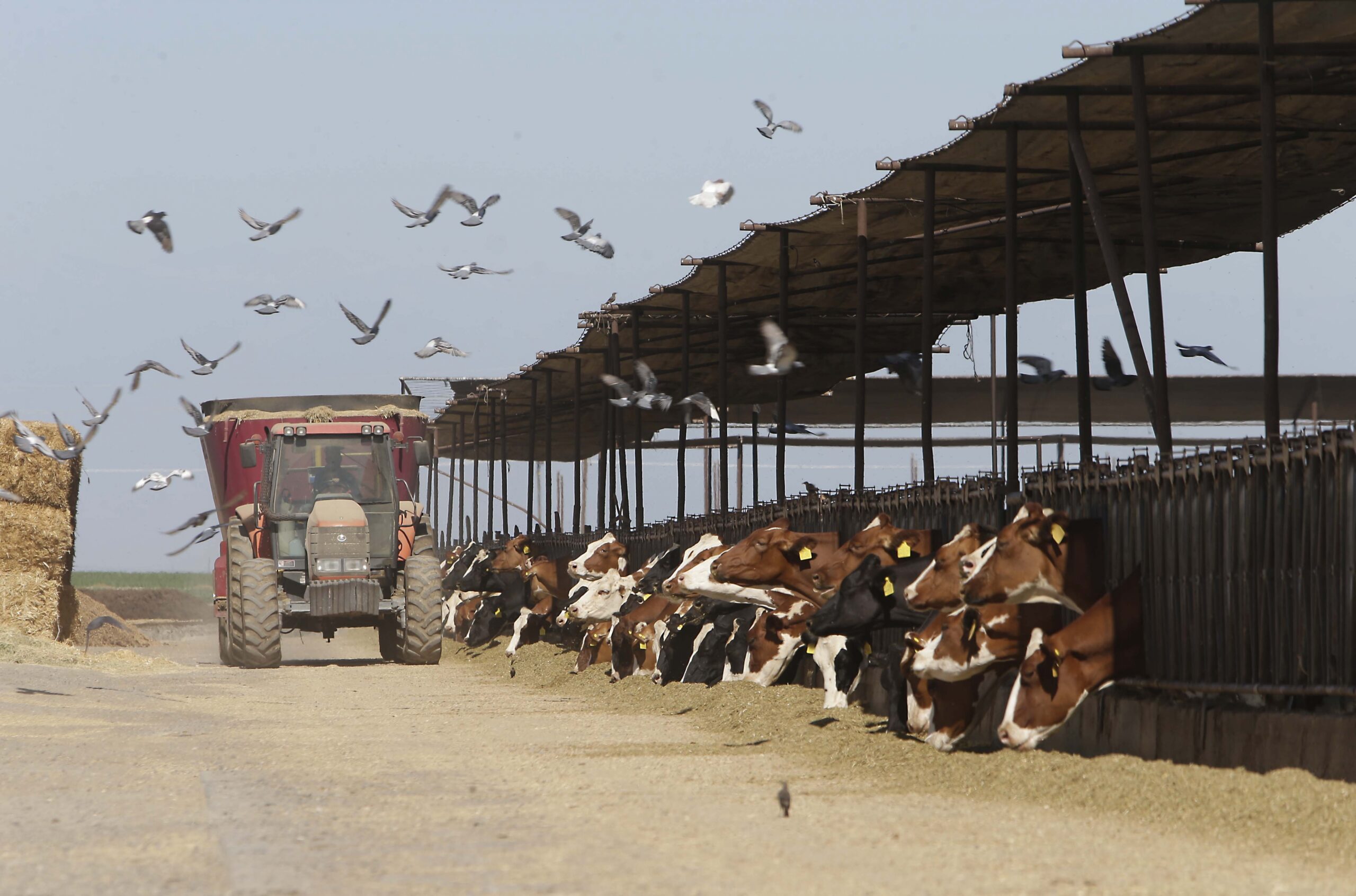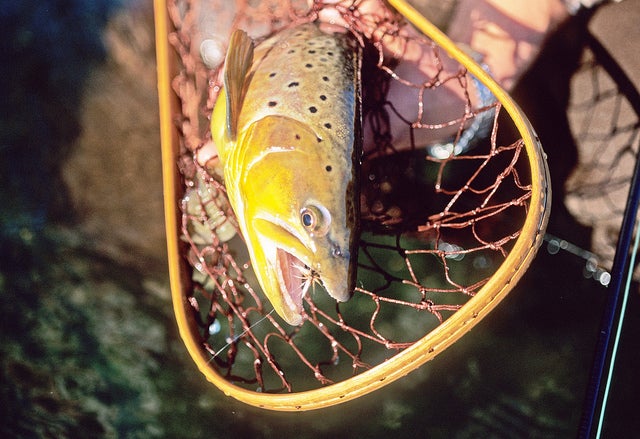A program aimed at improving the Mississippi River’s water quality is getting extra funding from the federal government.
One of the major threats to the Mississippi River and its basin is pollution from farm runoff, like manure and nitrogen.
The U.S. Department of Agriculture’s Mississippi River Basin Healthy Watersheds Initiative works with farmers to improve water quality and develop sustainable agricultural practices.
News with a little more humanity
WPR’s “Wisconsin Today” newsletter keeps you connected to the state you love without feeling overwhelmed. No paywall. No agenda. No corporate filter.
The program just received an additional $59 million. Of that, Wisconsin will get around $1 million for two watersheds in Dane County.
Tom Krapf is the USDA’s Natural Resources Conservation Service Assistant State Conservationist in Wisconsin. He says the money will help farmers manage their land more carefully. “So they may deal with working with the farmstead itself and managing manure, so it reduces the risk of manure runoff. They may be management practices in the farming practices themselves, so it could be a nutrient management plan where they’re taking a close look at the nutrients being applied, the time of year, and timing.”
Another new USDA program will work with farmers in the Driftless Area, a region of southwest Wisconsin that was untouched by glaciers. That program will focus more on preserving the landscapes, including cold water streams, forests, and prairies.
Wisconsin Public Radio, © Copyright 2026, Board of Regents of the University of Wisconsin System and Wisconsin Educational Communications Board.





